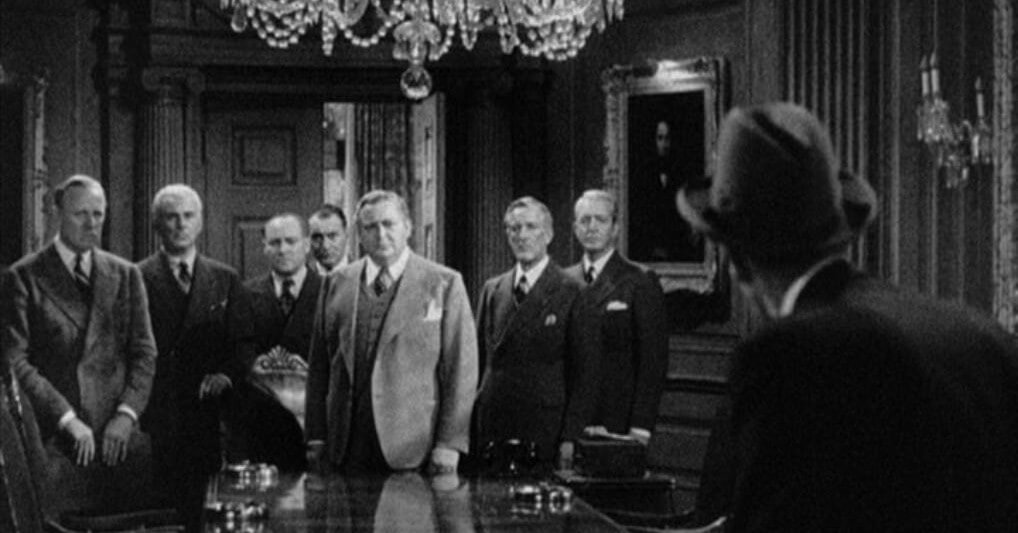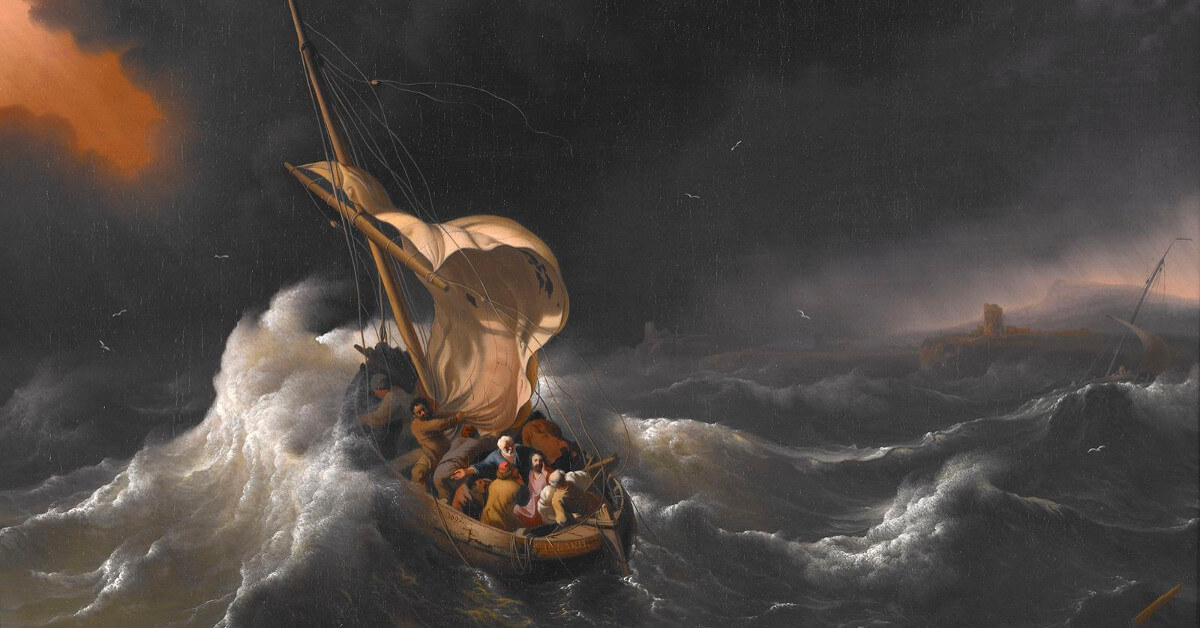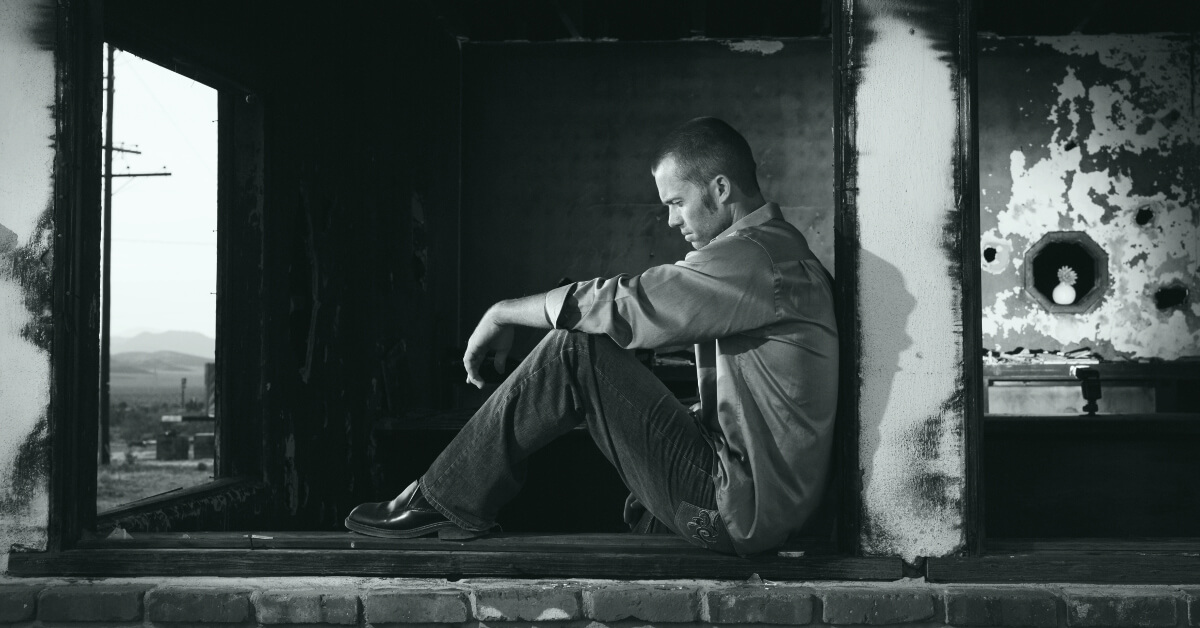When you think of doing “Kingdom work,” what comes to mind? If you are like most American Christians, you think of evangelism—going out to share the gospel with the lost and call them to Christ. It’s the work we train our children for, giving them apologetics books to read and sending them on short-term missions trips. And it is good, necessary work! But it is not the only Kingdom work.
I have always been struck by Jesus’ choice in the famous parable of the sheep and the goats in Matthew 25. There are many different kinds of Christian traits which he could have chosen to characterize his followers, but as he describes the Judgment Day he says his sheep will be marked by their pattern of caring for the hungry and thirsty, of welcoming the strangers, of clothing the naked, of visiting the sick and imprisoned. That, Jesus says, is what defines his people.










